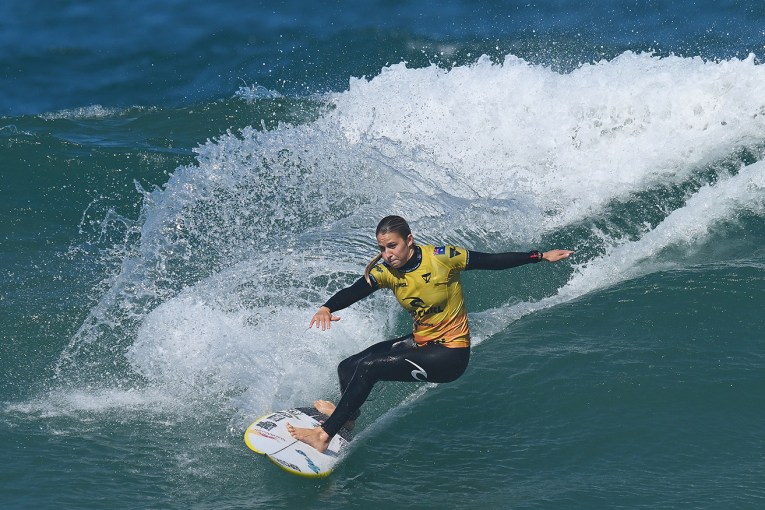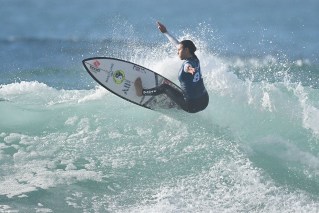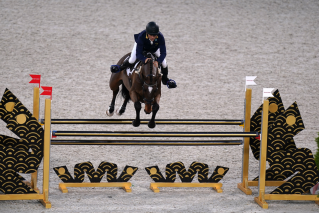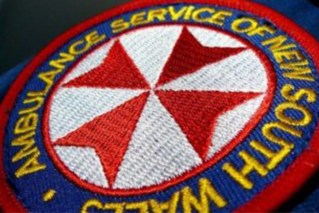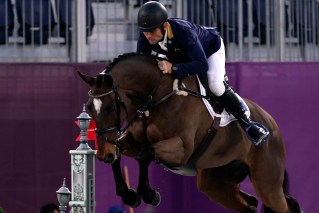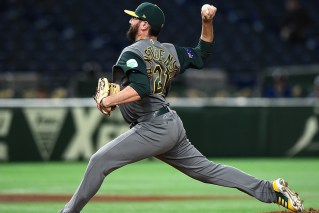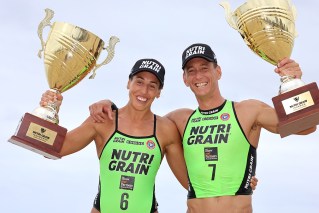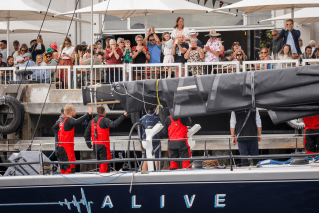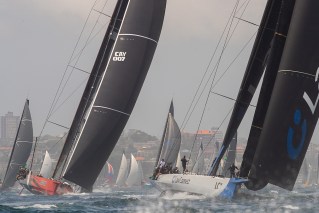Glasgow better than Melbourne?
The biggest Commonwealth Games of all has no shame in declaring, like others before, that it plans on being the best as well.
Scotland’s Games chief has boldly claimed Glasgow can surpass the high standard set by Melbourne in 2006.
“Melbourne … was absolutely fantastic. And I must admit there were times I thought ‘I wonder if we will ever match that’,” Commonwealth Games Scotland chairman Michael Cavanagh told the Press Association.
“But what we are about to deliver in Glasgow, I think, will be the best ever Commonwealth Games for sure.”
• Kate, Will and beating Poms: Why we cling to the Commonwealth games
• Your Commonwealth Games TV guide
He has a much better chance of matching his prediction than the shambolic and wildly optimistic Delhi chiefs of 2010, not least because Glasgow has had a smooth, incident-free buildup to the opening day of competition on Thursday.
Unlike the stay-away Delhi Games, Glasgow has attracted some genuine world class competitors among the 7300 athletes and officials in town who will make 2014 the biggest Games in history.

Australia’s Commonwealth Games flag bearer Anna Meares. Photo: Getty
It boasts the three greatest male athletes on the planet – Usain Bolt, David Rudisha and Mo Farah – while Grenada’s Olympic 400m champion Kirani James is about to join them in the upper echelon.
The Australian swimming team includes three world champions, while South Africa’s boasts two Olympic gold medallists.
Australian flag bearer Anna Meares and English knight Bradley Wiggins headline the velodrome where England will have eight Olympic champions.
And the netball, rugby sevens and lawn bowls are virtual world championships, while the Commonwealth boasts seven of the world’s top 10 women squash players and four of the top 10 men.
In all, 29 London Olympic gold medallists are in Glasgow, a dozen of whom will be representing England, which has its best chance of knocking Australia off the top of the medal table for the first time since 1986.
Team chief Steve Moneghetti expects England to be tough and has warned Australians not to expect the same level of domination they’ve taken for granted since 1990.
Despite the prospects of England dominating competition, the Scots, who will vote after the Games on whether to break away from the UK, have embraced the event.
More than one million tickets have been sold, although fears of empty seats remain, with plenty of room still left at many venues.
 “The way in which the people of Scotland, Glasgow and the United Kingdom have embraced these Games and supported these Games has been absolutely fantastic,” Commonwealth Games Federation chief executive Mike Hooper said.
“The way in which the people of Scotland, Glasgow and the United Kingdom have embraced these Games and supported these Games has been absolutely fantastic,” Commonwealth Games Federation chief executive Mike Hooper said.
“Are we concerned? No. I’m sure we’ll have availability up to the events themselves and that’s just the reality.
“But if you compare these Games to Melbourne in 2006, I think they’ll compare very, very favourably.”
Cavanagh is even more confident.
“We are ready to deliver something spectacular,” he said.
